In India, the struggle for land rights has been a long and arduous journey for many communities, including Adivasis who have traditionally depended on forests for their livelihood and cultural practices. While Adivasis constitute around 8.6% of India’s population, many other marginalized communities also face similar challenges in securing their land rights.
The Forest Rights Act of 2006
The Forest Rights Act (FRA) was enacted to address historical injustices faced by forest-dwelling communities, including both Adivasis and other traditional forest dwellers. The key provisions of the act include:
- Recognition of Rights: The FRA recognizes the rights of forest-dwelling communities to live in and from the forest. This includes individual rights to land that is being cultivated by forest dwellers as of December 13, 2005, and community rights over common property resources.
- Community Rights: The act provides for community rights over non-timber forest products, grazing areas, and fishing grounds, among others.
- Right to Protect and Conserve: Communities have the right to protect, regenerate, conserve, and manage any community forest resource.
- Development Rights: The act allows for the diversion of forest land for the development of community infrastructure and facilities managed by the government, subject to a ceiling of one hectare per project.
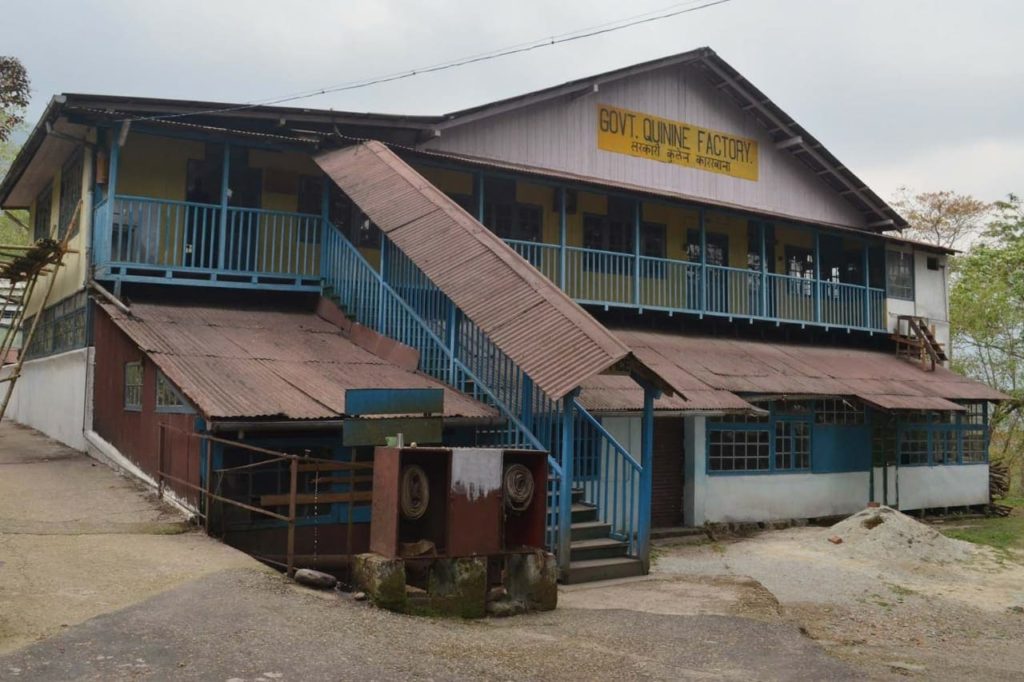
Implementation and Challenges
While the FRA holds promise, its implementation has faced numerous challenges:
- Awareness and Bureaucracy: Many Adivasis and other forest dwellers are not fully aware of their rights under the FRA. Additionally, bureaucratic hurdles and resistance from forest department officials have slowed the process.
- Inconsistent Implementation: The implementation has been uneven across different states. Some states have made significant progress, while others lag behind.
- Opposition and Evictions: In some cases, there has been opposition from conservation groups and the forest department, leading to conflicts and even evictions of forest dwellers.
Success Stories
Despite these challenges, there have been notable successes:
- Darjeeling and Kalimpong, West Bengal: In a significant move, the government has agreed to convert 79 forest villages in Darjeeling into revenue villages, recognizing the land rights of the residents. This decision marks a crucial step towards securing the land rights of forest dwellers in the region and is a testament to the power of persistent advocacy and community solidarity.
- Mendha Lekha, Maharashtra: This village in Gadchiroli district became the first in India to receive community forest rights under the FRA. The villagers have successfully managed and conserved their forest resources.
- Niyamgiri, Odisha: The Dongria Kondh tribe’s successful resistance against bauxite mining in the Niyamgiri Hills was bolstered by the FRA. Their struggle led to a historic Supreme Court ruling that recognized their rights and halted the mining project.
Impact and Way Forward
The FRA has had a significant impact on the recognition of rights for various forest-dwelling communities:
- Empowerment: The act has empowered many communities by legally recognizing their traditional rights.
- Conservation: Studies have shown that community management of forests can lead to better conservation outcomes than state-managed reserves.
- Livelihoods: Recognizing land rights has improved the livelihoods of many forest-dwelling communities by providing them with security and access to resources.
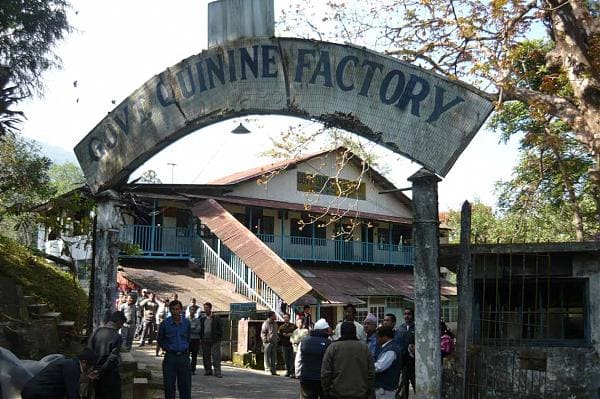
Our Struggle in the Cinchona Plantations and Tea Estates of Darjeeling and Kalimpong
As original inhabitants of the Cinchona Plantations and tea estates of Darjeeling and Kalimpong in West Bengal, we, the Gorkha community, along with other marginalized groups, have long-established roots and a deep connection to these lands. Despite our deep-rooted connection to this land, we still do not have ownership rights. This land is not just a piece of earth to us; it is our home, our heritage, and our identity.
We have equal fundamental rights like other citizens of India. It is time that our long-standing residency and contribution to this region are recognized by granting us ownership of the land we call home. Land is the biggest asset or property in anyone’s life, providing security, stability, and a sense of belonging.
The success stories of Mendha Lekha and the Dongria Kondh tribe inspire us. Their victories show that persistent struggle and solidarity can lead to recognition and justice. Just as the Forest Rights Act has empowered various forest-dwelling communities, we too seek recognition of our rights to the land we have nurtured and depended upon for generations.
Call to Action
We urge the authorities, our fellow citizens, and supporters to recognize our rightful claim to the land for the cinchona plantations and tea estates workers in Darjeeling and Kalimpong. Let us unite and advocate for our land rights, drawing strength from the successes of other marginalized communities across India. The Forest Rights Act represents a significant step towards addressing the long-standing grievances of forest-dwelling communities, and we believe it can serve as a model for securing our land rights for the cinchona plantations and tea estates workers in Darjeeling and Kalimpong. Let us work together to ensure justice and recognition for all who have long been denied their rightful place on the land they call home.
Writes: Dr. Sanjog Chhetri, Upper Village, Gairibas Cinchona Plantation

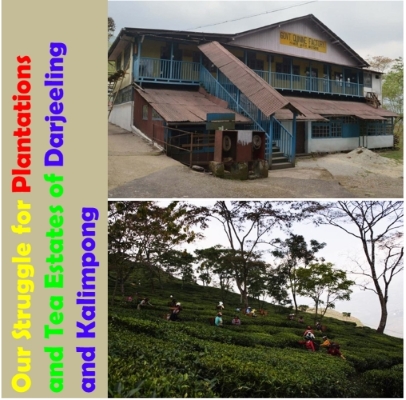


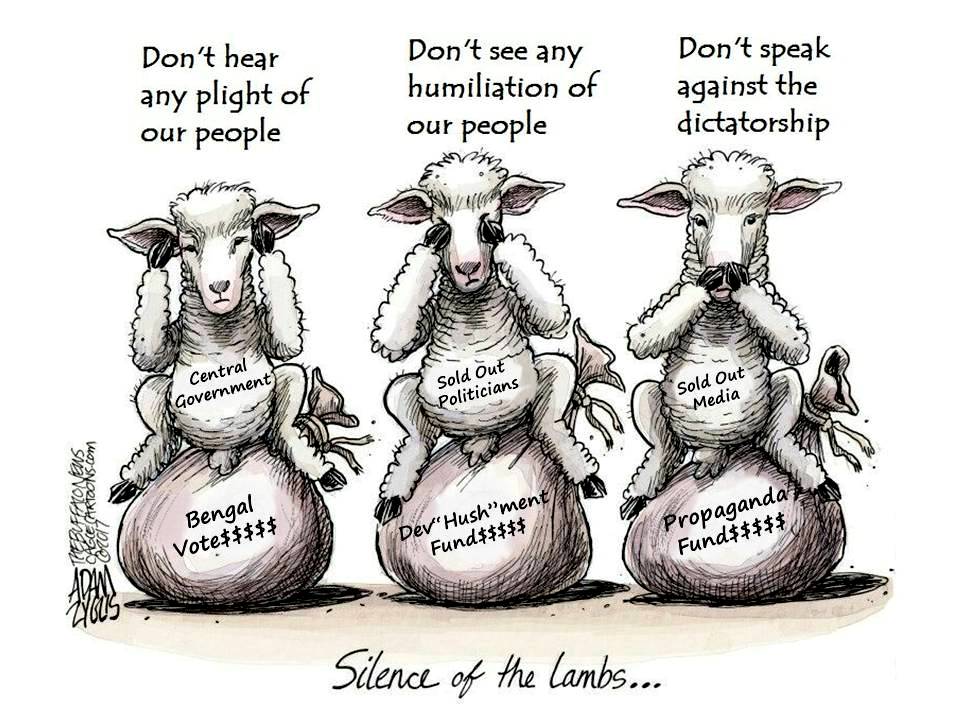
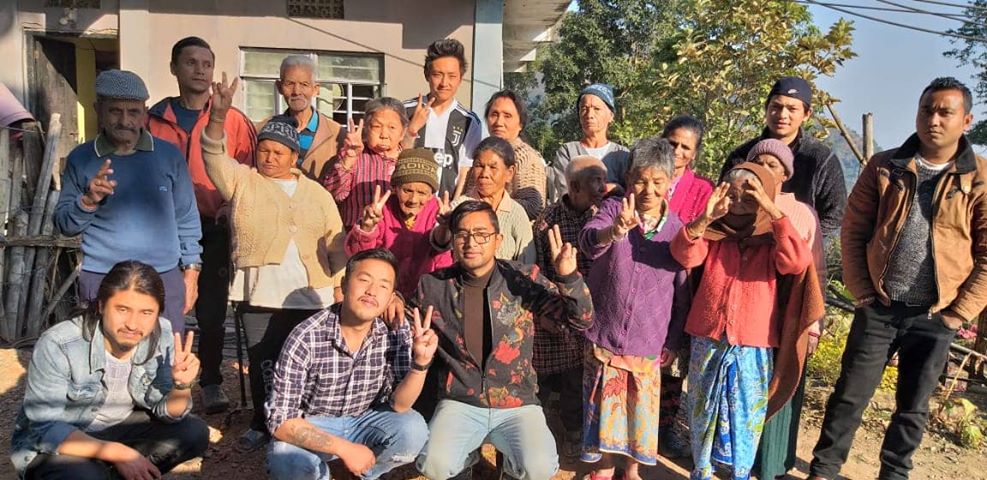
Be the first to comment on "Our Struggle for Land Rights in the Cinchona Plantations and Tea Estates of Darjeeling and Kalimpong"